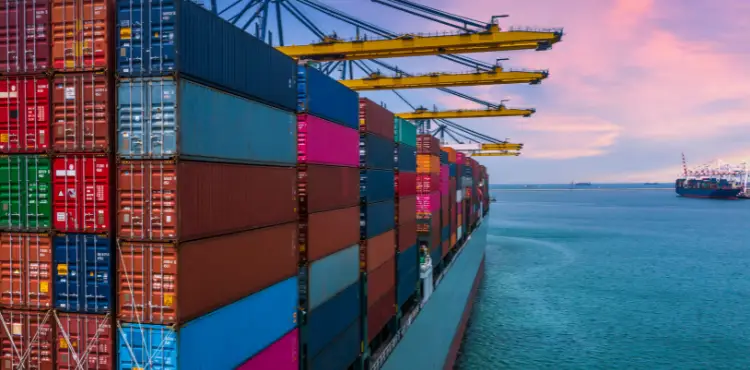What are the Risks Inherent in International Trade?
Whether you are exporting goods or services or importing raw materials or finished goods to on-sell, international transactions will create an additional level of complexity. Being cognizant of these provides the opportunity to best protect against them.
- Currency risk
Any time you enter into a transaction not denominated in Australian dollars (AUD), you are taking a measure of currency risk. Exchange rates fluctuate constantly and any larger movement can impact the profitability of your transaction positively or negatively.Currency risk is best mitigated by locking in the exchange rate at the time of the transaction, this can be done through purchasing currency forward contracts or by specifying the exchange rate to be used in your contract with your overseas counterparty. - Risks of non-delivery or non-performance
International trade may increase the risk of your contract not being honoured through non-delivery of the product or service you have paid for. The best way to mitigate this is through a letter of credit or consignment purchasing. - Credit risk
Credit risk or the risk of non-payment may be more significant when trading with jurisdictions where the creditworthiness and reputation of your counterparty is hard to establish. Credit products such as letters of credit or cash-in-advance payment plans help mitigate these risks. Certain export insurance products can also help reduce the impact of credit risk. - Political / Country risk
We live in an uncertain world. Sudden changes in regulations or tariffs can and do occur across the world. Political changes, war and natural disasters also occur which will impact the ability of your counterparty to ship or receive shipments. Various forms of trade insurance products exist to help cushion your business from such blows.




